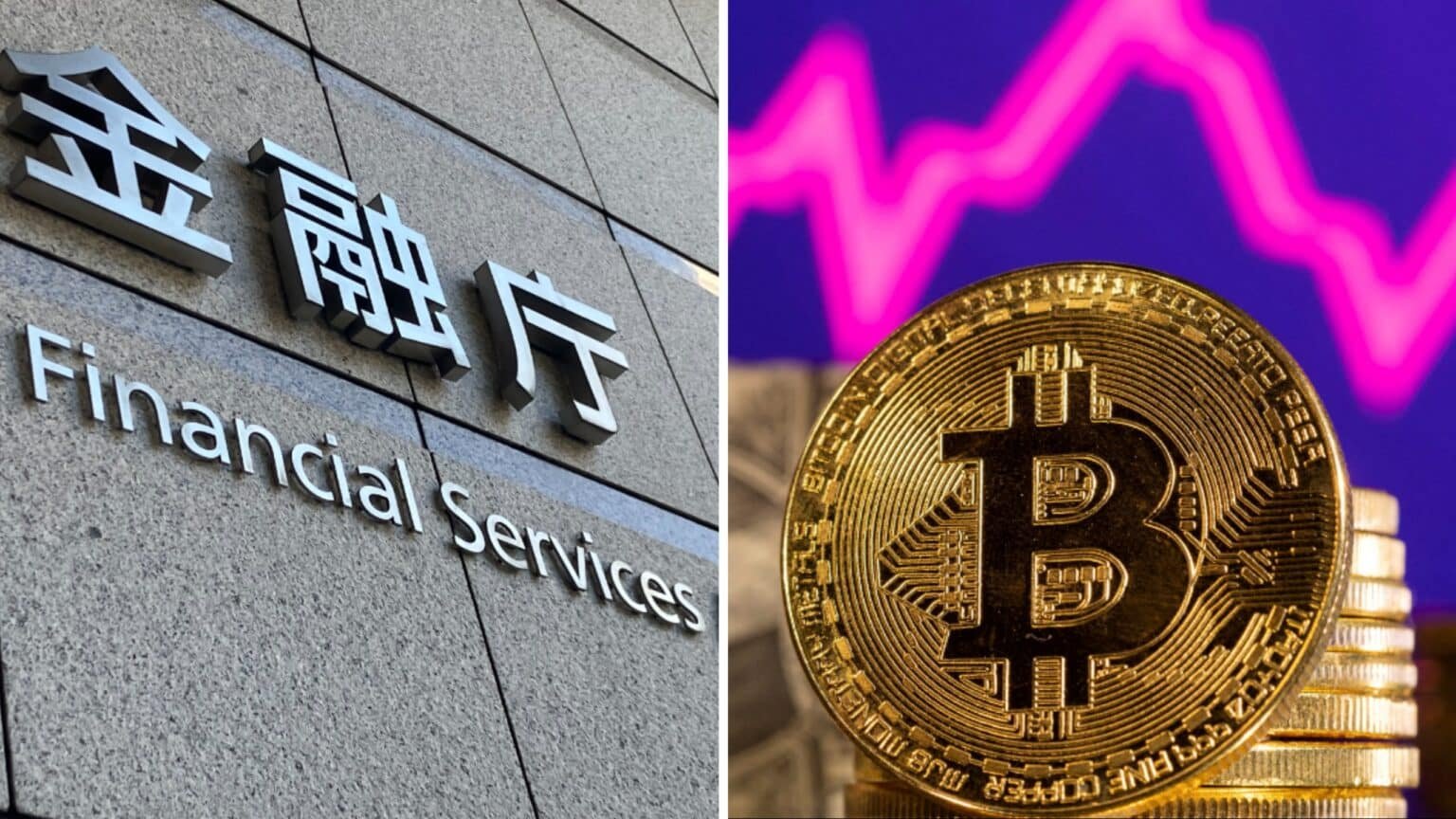Japan Crypto Regulation to Impose Insider Trading Laws on Digital Assets
Japan Crypto Regulation is set to undergo a major transformation as the country moves to classify cryptocurrencies as financial products under its Financial Instruments and Exchange Act. This significant shift will bring digital assets under the same legal framework as traditional securities, subjecting them to insider trading laws and increasing overall regulatory oversight.
The Financial Services Agency (FSA) plans to submit a bill to parliament by 2026 to amend existing legislation, according to a report by Nikkei. If passed, this regulatory update will prohibit the use of non-public information for personal gain in crypto trading, similar to the restrictions imposed on stock market participants.
Until now, Japan’s approach to cryptocurrency regulation has been relatively lenient, allowing digital assets to operate in a separate regulatory space with limited restrictions on trading practices. However, the increasing institutional adoption of crypto and growing concerns about market manipulation have prompted lawmakers to push for stronger oversight.
Read More: Metaplanet Bitcoin Investment: Zero-Interest Bonds Worth $13M to Expand BTC Holdings
Japan Joins Global Efforts to Strengthen Crypto Regulations
Japan Crypto Regulation is not evolving in isolation. The country’s move aligns with global efforts to integrate crypto assets into traditional financial oversight frameworks. In the United States, for example, the Commodity Futures Trading Commission (CFTC) recently announced that digital asset derivatives would be regulated with the same level of scrutiny as other financial instruments.
Similarly, the Federal Deposit Insurance Corporation (FDIC) has issued new guidelines allowing banks to engage in crypto-related activities as long as they implement adequate risk management measures. Additionally, the Office of the Comptroller of the Currency (OCC) has clarified its stance, granting national banks permission to handle cryptocurrency under specific conditions.
These regulatory developments reflect a growing consensus among global financial regulators that digital assets must be governed by clear and consistent laws to protect investors and prevent market manipulation. Japan’s proactive stance on crypto regulation is a testament to its commitment to fostering a secure and transparent financial ecosystem.
Potential Impact on Crypto ETFs and Taxation Policies
In addition to stricter oversight, Japan Crypto Regulation could pave the way for new financial products such as crypto exchange-traded funds (ETFs). Earlier this month, Japanese lawmakers suggested that amendments to the Financial Instruments and Exchange Act could create a legal framework for ETFs, making it easier for institutional investors to gain exposure to cryptocurrencies.
Another proposed reform includes reducing the tax rate on crypto profits from the current 55% to a more competitive 20%. Lower taxes would encourage greater investment in the digital asset space and position Japan as a more attractive hub for crypto-related businesses.
Japan Remains Cautious on Bitcoin Reserves
Despite these progressive steps, Japan remains hesitant about adopting Bitcoin as part of its national reserves. The government has cited concerns over Bitcoin’s price volatility and potential legal complications, signaling that while the country is open to regulating and integrating digital assets, it is not yet ready to embrace them as sovereign reserves.
Japan Crypto Regulation is entering a new phase, where digital assets are treated with the same legal weight as traditional financial products. By implementing insider trading laws and exploring new financial instruments, Japan is setting a precedent for responsible crypto regulation.
As the global crypto landscape continues to evolve, Japan’s approach could serve as a model for other nations looking to strike a balance between innovation and investor protection. The next few years will be crucial in determining how these regulations shape the future of cryptocurrency in Japan and beyond.

